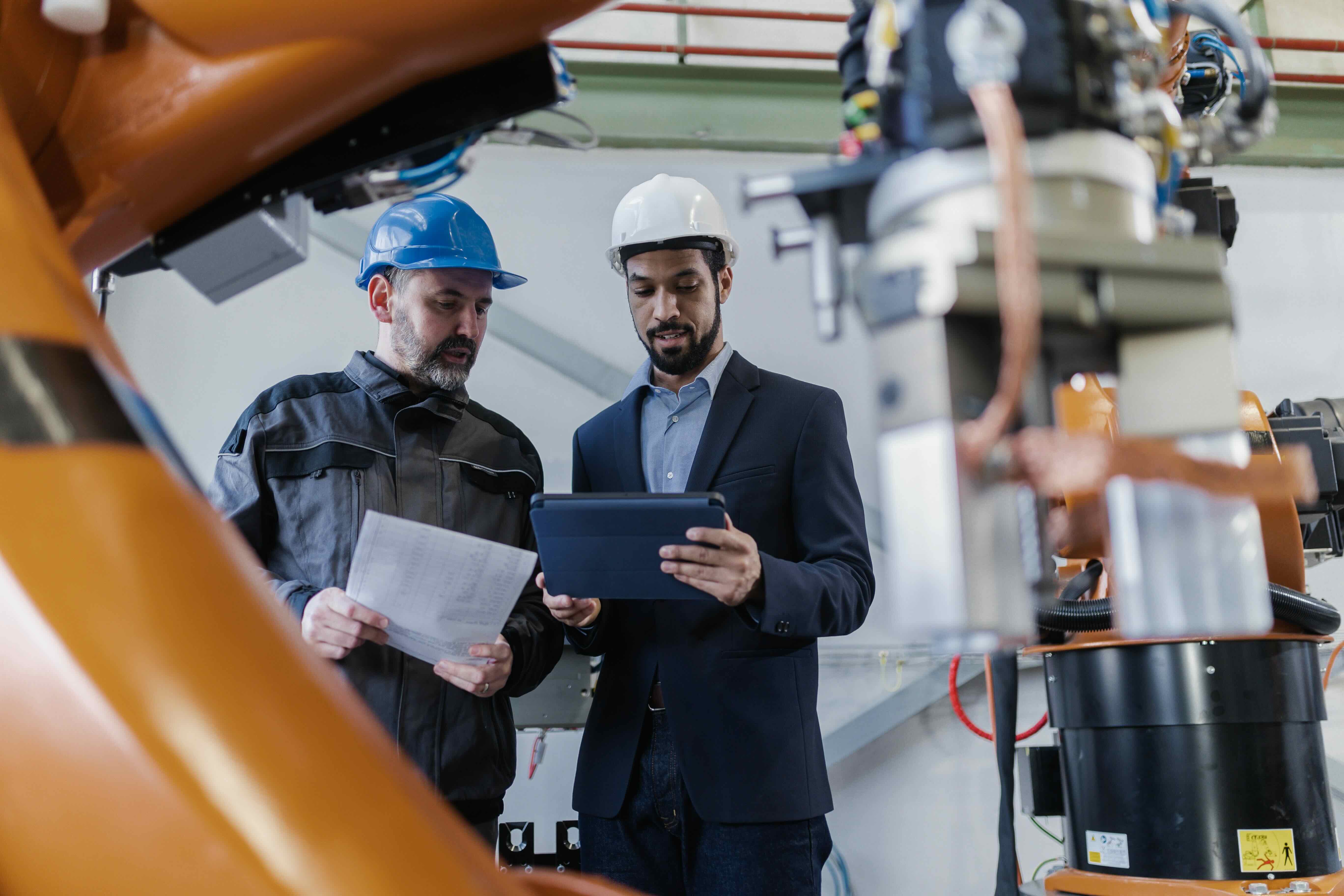AI has quickly become one of the most talked about technologies in the world, but beyond the headlines and buzzwords, its real value lies in how it improves day to day operations. For many organisations, AI is no longer an innovation reserved for the future. It is already reshaping how teams work, how decisions are made and how efficiently businesses can operate.
Rather than replacing people, AI is helping them work smarter. Here’s a closer look at the practical, meaningful impact AI is having inside organisations today.
Automating routine tasks and reducing manual workload
Many teams spend a significant amount of time on repetitive tasks such as data entry, document processing, reporting or customer queries. AI can automate much of this work, freeing people to focus on higher value tasks that require judgement, creativity or communication.
The result is faster turnaround times, fewer errors and a noticeable improvement in productivity across departments.
Improving decision making with clearer, data driven insights
Businesses generate more data than ever before, but extracting value from it can be difficult without the right tools. AI helps by identifying patterns, highlighting trends and presenting insights that support better decision making.
From forecasting demand to analysing customer behaviour, AI provides clarity that helps leaders make confident, informed choices.
Enhancing customer experiences with smarter interactions
AI powered tools are transforming how organisations communicate with customers. From intelligent chat interfaces to personalised recommendations, businesses can respond faster and offer experiences that feel more tailored.
This doesn’t replace human interaction. Instead, it supports it by reducing delays and helping teams deliver a more consistent, helpful service.
Strengthening accuracy and reducing operational risk
AI performs especially well in areas that require high accuracy. Whether validating information, analysing documents or spotting anomalies, AI can significantly reduce the risk of manual error.
This is particularly valuable in industries where compliance, precision or safety are critical. It also creates a more reliable foundation for downstream processes.
Streamlining workflows and improving internal visibility
AI can connect information across systems, highlight inefficiencies and recommend improvements. This helps organisations simplify workflows, reduce delays and understand how work is progressing in real time.
Improved visibility means fewer bottlenecks, quicker decisions and smoother collaboration between teams.
Unlocking new capabilities that weren’t previously possible
Some of the biggest benefits of AI come from what it enables, not what it replaces. Tasks that were once too complex, time consuming or resource heavy can now be automated or analysed at scale.
This creates opportunities for innovation, new services and more advanced tools that support long term growth.
Final thoughts
AI is already delivering practical benefits for businesses of all sizes. It improves efficiency, enhances decision making and creates better experiences for both customers and internal teams. For organisations looking to modernise or scale, AI can be a powerful catalyst for meaningful change.
The businesses seeing the greatest impact are those that focus on solving real problems first, then apply AI thoughtfully to improve how work gets done.




.svg)